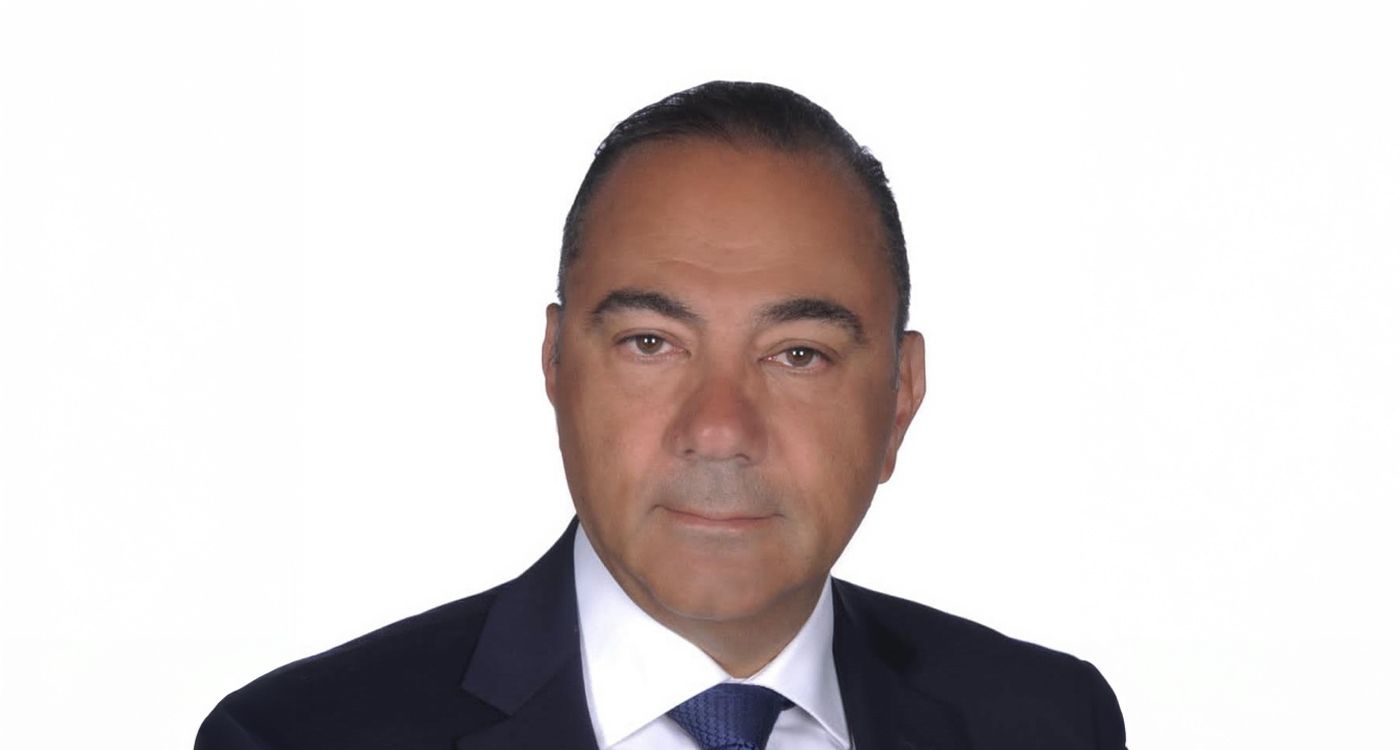
In his monthly editorial, “Toward Realistic Solutions in 2026,” Secretary-General of the Association of Banks in Lebanon (ABL), Fadi Khalaf, stressed that Lebanese banks intend to play an active role in this critical stage of exiting the crisis. To support this effort, they have engaged the international firm ANKURA to assist in the reform process and negotiate with the financial advisors of the state and the Banque du Liban (BDL).
The financial gap law is expected to be finalized before the end of 2025. For the first time since the crisis began, its adoption would pave the way for concrete solutions in 2026, including the fair distribution of losses, the gradual restoration of depositors’ rights, the return to normal banking operations and compliance with financial justice rules and international standards.
BDL Governor Karim Souaid emphasized that the priority is to rebalance the central bank’s balance sheet, which he described as the cornerstone of confidence and monetary stability. He firmly rejected any notion of erasing BDL’s obligations, warning that such a step would severely undermine the institution’s credibility. Any solution, he said, must be based on a transparent law ensuring depositors’ rights and an equitable sharing of losses.
ANKURA’s role will include analyzing the current financial state of the banks, developing realistic loss-distribution scenarios, proposing a sector-wide restructuring plan and coordinating with all relevant stakeholders.
For the ABL, this process is not just technical, it reflects a genuine commitment to contribute actively to solutions after six years of crisis, during which banks continued to provide minimum services despite recession, lack of state planning and political pressures.
Implementation will be closely monitored by international partners such as the IMF, the World Bank and donor institutions, who maintain that no lasting stabilization is possible without deep reforms in the banking sector. Their involvement is seen as an opportunity to enhance the credibility of the process and secure the necessary funding.
If the timeline is respected, 2026 will mark the beginning of the gradual implementation of solutions within a clear roadmap aimed at restoring confidence and returning depositors’ rights in an organized and fair manner.
For the ABL, this emerging climate goes beyond wishful thinking, it represents the true starting point of a path out of the crisis.



Comments